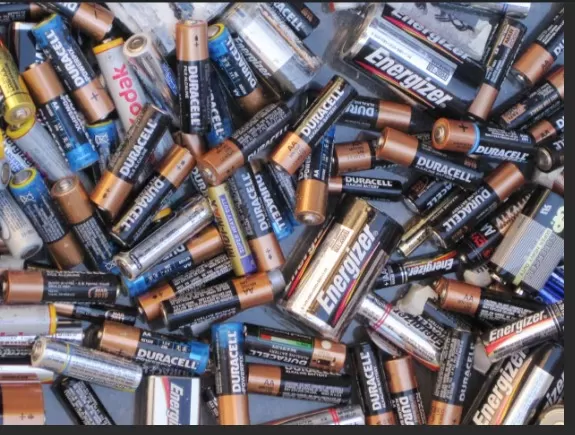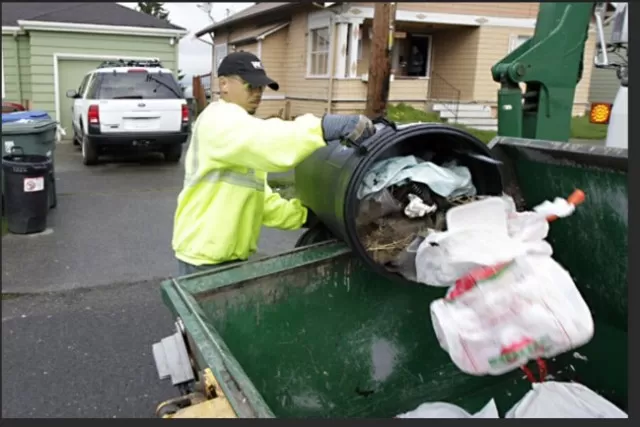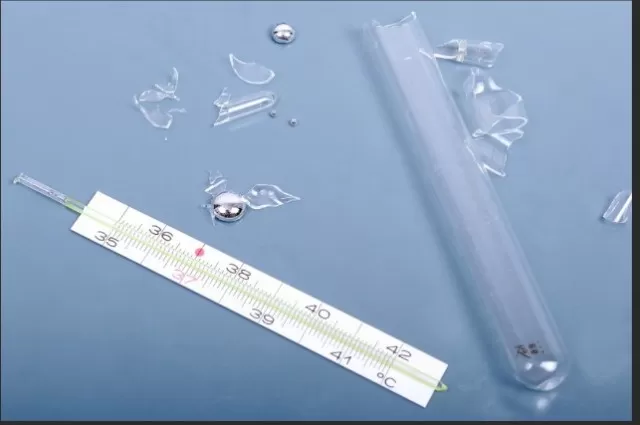Dispose Responsibly: Items Prohibited from Trash Disposal. It is true that Americans generate a staggering amount of trash each year, and while many items may seem harmless to dispose of, there are certain things that should never end up in a landfill due to their potential danger or the existence of alternative disposal methods. Here are items that you should avoid throwing away:
The Environmental Impact of Batteries

Numerous batteries contain harmful substances such as mercury, nickel, and cadmium.
When these batteries are disposed of in landfills, these chemicals can seep into the ground or water supply. It is crucial to responsibly handle rechargeable batteries by taking them to the nearest local recycling drop-off point, conveniently located at Call2Recycle.
While alkaline batteries are comparatively less hazardous, homeowners should still bring them to a Household Hazardous Waste (HHW) facility for proper and safe disposal.
Safe Disposal of Paint
Due to the flammable and toxic nature of leftover paint, it is essential to handle its disposal with care.
One approach is to allow the paint in the can to dry by leaving it open, after which it can be taken to a recycling center specializing in scrap metal. Another option is to deliver the paint to a nearby Household Hazardous Waste (HHW) facility, which can be located through Earth911. com.
Proper Disposal of Motor Oil

When completing a DIY oil change, it is crucial to avoid discarding the used motor oil in the garbage.
This flammable and hazardous substance can lead to water and soil contamination. Instead, it is recommended to take the used oil to a local automotive repair shop, where it may be cleaned and reused.
Homeowners also have the option of transporting motor oil or transmission fluid to a Household Hazardous Waste (HHW) facility for proper disposal.
Responsible Recycling of Electronics
The majority of Americans possess various electronic devices, ranging from flat-screen TVs to smartphones.
However, it is important to recognize that these technological accessories contain heavy metals like lead and cadmium, which can be harmful to the environment if improperly disposed. To prevent electronics from ending up in the waste stream, the Environmental Protection Agency (EPA) provides a list of companies that offer recycling services for electronic devices, ensuring their proper and responsible disposal.
Safe Disposal of Mercury Thermometers

If you possess an old-style glass thermometer containing mercury and have made the decision to dispose of it, it is important not to simply throw it in the trash.
If the thermometer breaks, the release of mercury, a neurotoxin, poses risks to health and the environment. Various universities and organizations provide exchange programs where you can trade in your mercury thermometer for a modern digital model.
To ensure the safe handling and disposal of a broken mercury thermometer, it is crucial to be aware of the potential risks it poses to both health and the environment. The release of mercury, known as a neurotoxin, can have harmful effects. Fortunately, there are alternatives to simply throwing it away.
One option is to take advantage of exchange programs offered by universities and organizations. These programs allow you to trade in your mercury thermometer for a new digital model, which eliminates the risk associated with mercury exposure. This is a responsible approach that promotes the use of safer and more environmentally friendly alternatives.
Additionally, you can visit Earth911.com, a valuable resource that provides information on proper locations for the safe disposal of mercury thermometers. It can guide you to designated facilities or recycling centers that specialize in handling hazardous materials, ensuring that the mercury is properly managed and does not pose a threat to the environment or human health.
By taking advantage of these options, you can contribute to a safer and healthier environment while still having access to reliable temperature measurement tools.
Another option is to visit Earth911. com to find information on proper locations for safe disposal of mercury thermometers.
*The information is for reference only.